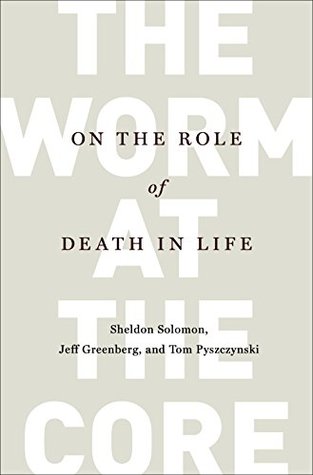More on this book
Community
Kindle Notes & Highlights
Read between
August 8, 2020 - January 10, 2021
Take all the cultural trappings away and we are all just generic creatures barraged by a continuous stream of sensations, emotions, and events, buffeted by occasional waves of existential dread, until those experiences abruptly end.
American society, in particular, puts great value on attributes and achievements that are unreachable for most individuals. The cultural value of wealth, and the humiliation of not having it, is a source of anxiety for millions, thanks to a glut of wealth-celebrating commercialism.
Given such unrealistic standards of value, it’s no wonder that shaky self-esteem is the norm in the United States. And it is hardly surprising that one in ten Americans is clinically depressed and that so many suffer from anxiety, eating disorders, and substance abuse. These problems are, at least in part, a direct consequence of a culture that promotes rarely achievable standards for feeling worthy.
But demonic despots are never singularly responsible for virulent hatred and genocidal atrocities. It takes “normal” people—those who see themselves as doing “God’s work,” their patriotic duty, or “just following orders”—to stoke the gas chambers at Auschwitz, to sow the killing fields in Cambodia.
Only humans, however, hate and kill other humans with righteous exuberance for symbolic affronts: worshipping different gods, saluting different flags, or humiliations hundreds or thousands of years in their past. And the increasing mastery of technologies of death does not inspire confidence in the future of our species.
all of us, even paragons of psychological well-being, are destined to die. It behooves us all, therefore, to consider how to make the best of living with death.
No one is terrified of the time before they were born, so why fret about death, since it is precisely the same insensate state that prevailed for eons before our time?
Moreover, add contemporary thinkers such as Martha Nussbaum, Tyler Volk, and Stephen Cave, death is necessary for life to go on. Without it, humankind would be unable to adapt to fluctuating environmental conditions. If nobody died, there would be no room for new humans to provide genetic variation, original discoveries, technological innovations, and artistic creations. Human biological and cultural evolution would come to a grinding halt. Each of us must die to ensure “that future generations may grow,” Lucretius wrote. “They, too, having lived out their lives, will follow you. Generations
...more


